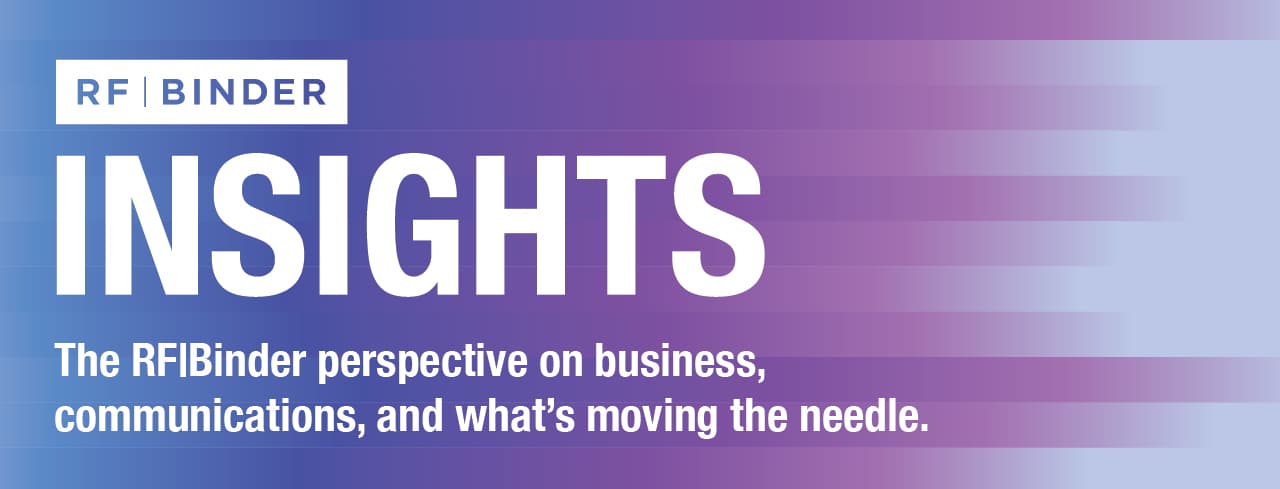It’s a mistake business executives make time and time again: assuming privacy in conversations or at events with no announced media presence or that are labeled “off-the-record.” Yet a regular stream of news headlines revealing leaked recordings of controversial comments should be enough to make it clear: nowadays, NOTHING is off the record with any one or anywhere.
Failing to recognize this maxim can be damaging not only to you personally, but also to your company’s reputation and bottom line.
Fisher Investments, for example, saw outflows of over $3 billion within a week after inappropriate comments made by its founder Ken Fisher at a conference with off-the-record rules were leaked to the press, according to Bloomberg. The Latin American airline holding company, Avianca Holdings, saw its shares hit record lows when a leaked video showed the company’s chairman Roberto Kriete telling employees the company is “bankrupt.” Avianca later released a statement saying Kriete “used the colloquial term ‘bankrupt’” and noted the company isn’t in a bankruptcy situation; but the damage was done, with more than $40 million wiped out from Avianca’s market cap.
Today Everyone is a Reporter
The proliferation of technology and social media has made it possible for anyone to be a reporter. Through mobile phones people and events can unknowingly be recorded; and social media allows for the broadcasting or “reporting on” people’s comments or conduct, potentially reaching a wide audience, including media influencers, who in turn may find the content worthy of a news story.
Platforms like Facebook and Twitter are full of prolific nonprofessionals posting blogs, information and images from their phones and laptops. In fact, people seem to have developed an urge to share their experiences and opinions with others on social media, creating a “reporter mentality” in all of us. News organizations have been asking audiences for tips for years and now have dedicated teams monitoring social media for news scoops and content.
New Era of Cultural Sensitivity
At the same time, we are living in an era of evolving cultural sensitivities and powerful social movements like #MeToo, Time’s Up and others. In this environment, it is important to recognize that words and actions matter. What might have been ignored in the past will not be tolerated today and may even create a firestorm of public outrage that is hard to contain and recover from.
The Dark Side of Business Competition
All of the above has also made it easier for unethical players to monetize the leaks. While most people share information for personal pleasure or out of good citizenship, there seem to be a growing number of unscrupulous competitors that will not shy away from using communication blunders against a competing business, while playing the hero.
No Need to Panic
This doesn’t mean executives should feel paranoid or stop being a human every time they communicate with others. You can be authentic and aware at the same time.
Here are couple things to keep in mind whether you are speaking on a panel, an off-the-record event, or at an internal meeting with employees:
- You are there representing your company, not yourself.
- Assume that anything you say on a panel or in a casual networking conversation may potentially find its way to a wider audience.
- Watch “off-the-cuff” remarks. They may be eminently quotable.
- When providing off-the-record information, understand that even if you are not quoted, reporters can use the information to reach out to others to further pursue the story.
- Don’t get carried away talking. The longer you speak the more information you will provide and risk leading the conversation into an unwanted territory.
- Be clear and specific in what you are saying. Avoid jargon, and be judicious with metaphors and jokes.
- Be careful with questions seeking your personal opinion and avoid judging opinions of others.
- Before any event, it is equally important to think about what you CAN and what you CAN’T talk about.
- Always be polite and professional. Control your facial expressions and body language. You don’t want to convey any hostility or negative messages.
- Always have a clear idea of who you are talking to.
And if you only remember one thing, remember this: If you don’t want something quoted, don’t say it. NOTHING is “off the record.”

